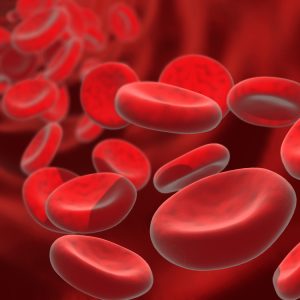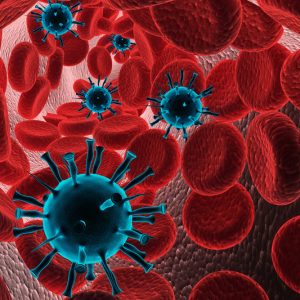
Covid-19 has been the buzz word around the world for around six months now. With numerous lives lost and numerous people battling the virus, it’s all chaotic out there. Everyone is busy talking about the virus, the economic slowdown, and the new information about the virus and it’s spread.
While the World Health Organization is going out of their way to keep people informed, there’s a lot of misinformation too. And that misinformation is only spreading panic and wrecking havoc.
So far, more than 8.2 million people across the globe have tested positive, while 445,000 have died worldwide from the coronavirus. The recent news on the block is that a person’s blood group can determine if they are more vulnerable to catching the virus or not. But how much of it is true? Do you come under the high-risk group or the low-risk group based on the blood group? Read on to find out!
The Risk Group

Since the virus outbreak, there have been numerous lists warning the high-risk group for viruses. The initial belief was that people over the age of 60 and children below the age group of ten were the high-risk individuals. However, there was an outbreak in the people who were not in this age group, which started creating panic. There was also a belief that people with a history of cardiovascular diseases, diabetes, etc., were also a high-risk group.
However, with the rapid spread of the virus over the past few months and claiming numerous lives, it seems everyone is at risk. Adding to the panic is the recent research’s findings that say a certain group is more at risk than the rest.
The Genetic Association

Amid all the research, panic, and tests, a genetic-testing giant called 23andMe Inc. has made some possible breakthroughs in the space. The organization’s recent research shows that there could be a link between a person’s blood group and their vulnerability to catching the virus.
The research had gene samples from around 1,559 people who had SARS-CoV-2, the other name for Covid-19 or coronavirus. One of these researches was at the New York-Presbyterian Hospital, and the results were alarming. It proves the possible relation between the blood group of a person and their susceptibility to the virus.
Which Group Is More at Risk?
Are you a person with an A+ve blood group? Well, this research finding doesn’t seem to be the bearer of good news to you. The study found that around 33% of those who had the virus were of the A+ve blood group.
However, this doesn’t mean that every A+ve person will catch the virus. It is a comparative study, and compared to the other blood groups, those with A+ve are at a higher risk. But this doesn’t put others at any less risk of catching the infection.
Who Is Under the Low-Risk Group?

While the people with Blood Group A+ve are at high risk, those of O+ve are at a lower risk. A study of gene samples from across Europe went on to show that people with a blood group of O+ve are less likely to contract the virus. However, contradicting this study was a report published in the New England Journal of Medicine that says they find no possible correlation between the blood type and virus susceptibility.
Currently, research is underway in this area across the globe, including countries like Spain, Denmark, Germany, and Italy, to name a few. A different study found that older men were a high-risk group compared to women.
A few other studies also found that there is a difference between those with positive and negative blood groups. The finding from this research could prove to be a positive step toward finding medicine for the virus. While the blood group vulnerability is what the researchers are focusing on, they’re hoping that this could pave the way to finding a cure for the virus.
However, until a cure is available, or there’s a vaccine, we have to stay safe. So, make sure you follow the advice of the World Health Organization, your local government, and health care professionals. Besides that, make sure you always wear a mask, maintain ample social distancing, and not venture out unless it’s unavoidable. And if you experience the virus’s symptoms, isolate yourself and call the healthcare facility in your city.





